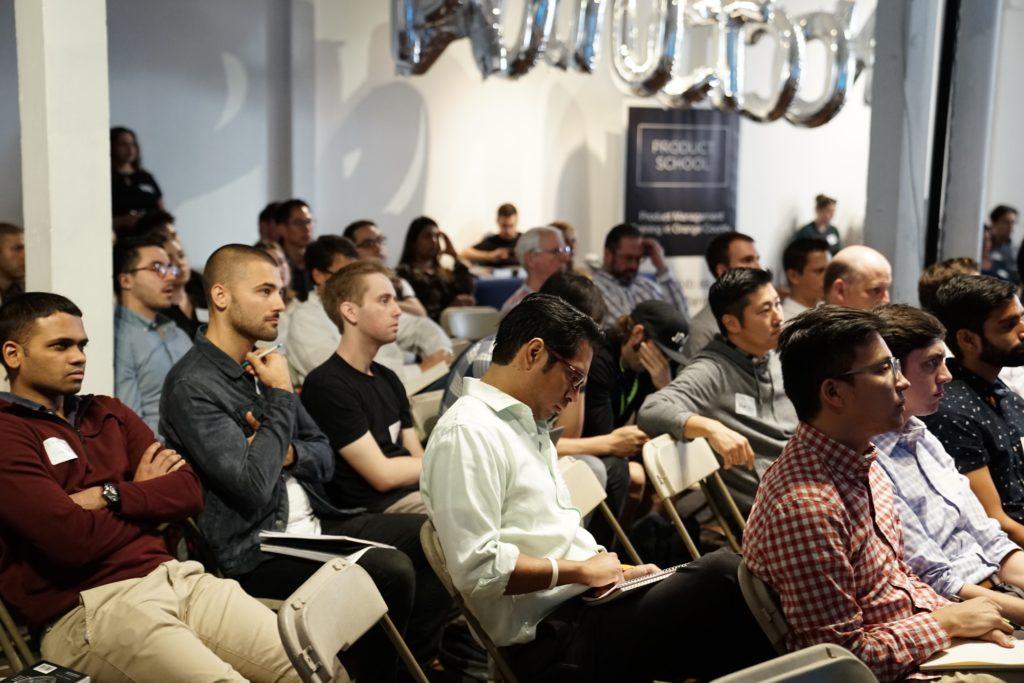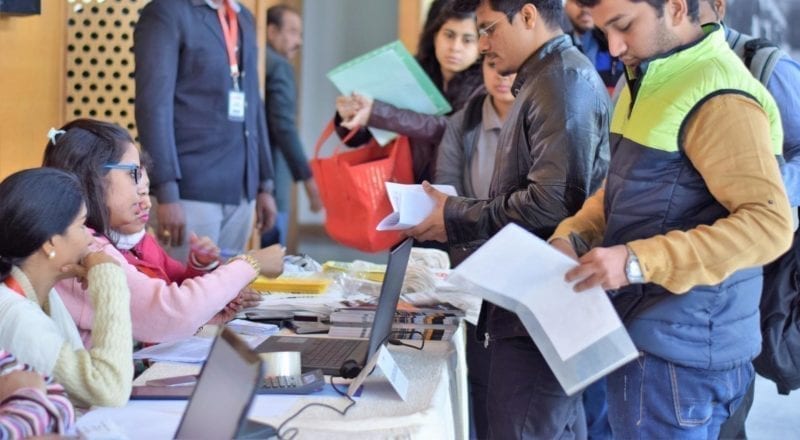
Time to lay a solid event crowd management plan so you’re prepared for anything.
Billetto is a ticketing platform that helps you manage, promote, and host events. Set up an event page and start selling tickets in 5 minutes.
CREATE YOUR EVENT >>
Crowd management typically only becomes relevant when your event draws a big crowd. If you’re planning a small get-together with family and friends, managing a crowd won’t be an issue.
But once you start organising these types of big events, it’ll become more relevant:
People act differently when they’re part of a large crowd of faceless individuals. Strong emotions such as joy, anger, and excitement can quickly spread and become dangerous.
Lack of crowd management can lead to the destruction of property, personal injury, and general hooliganism. Read this comprehensive list of crowd disasters to see how bad things can get.
As you can see, crowds can be dangerous unless they’re managed properly. So let’s dive into some crowd management strategies that will help you avoid a disaster at your event.
Football matches and heavy metal festivals will have a little more action than academic conferences and trade shows. Know who your attendees are and how they act in crowds.

How you deal with the crowds at your event should be part of your event planning process. Once you’ve selected a venue, you can start thinking about how people will move around.
Once you have an idea of the who, when, and where, you can start contacting everyone that will be affected by your event and needs to know what kind of crowd to expect.
Make sure to contact the following:
They’ll be able to help you work out the practicalities of crowd management, as they’re likely to have experience with similar events in the past.
Risk assessments for health and safety at your event are an integral part of planning your crowd management strategy. Identify potential dangers and plan how to keep people away from them.
Things can go wrong no matter how meticulously you’ve planned your event. That’s why you should always have a contingency plan for when they do.

You should have a plan for some of these worst-case scenarios:
Figure out the best way to manage those situations so you don’t lose control if they happen.
Tip: Read our guide on creating an event contingency plan to help you come up with your own.
You can avoid having to answer a lot of questions on the day if you use proper event signage. Make sure that your attendees can find their away around and know where not to go.
Have big signs that can be read from afar for the following:
Use barricades, cones, ropes, or stanchions to show where people should queue up for tickets and registration. Make clear where the main event is and fence off the areas you want to be left alone.
Alcohol is a good ice-breaker, but it can also break a lot of other things if consumed in copious amounts by an excited crowd. Depending on your crowd, you might want to consider imposing certain limits.
If you think there’s a chance that some of your attendees will try to bring anything illegal to your event, consider having the security team pat down everyone when they arrive.
Tip: Have a look at this detailed guide to event security for tips on attendee screening and more.
A sure-fire way to tick people off is to make them wait. Long queues can turn otherwise civilised event attendees into their polar opposites.
Here are some ways to streamline the check-in process:
Tip: Our guide on how to handle guest check-in at events will help you reduce the stress of long queues.
You can’t do it on your own, so make sure you’ve hired the right number of staff in proportion to the size of the crowds you expect.
There should be ushers to show people around. Your whole team should know the layout of the venue. They should also have a convenient way of communicating with each other, such as walkie-talkies or a group chat on everyone’s phone.
Place your staff strategically around the venue and make sure you cover key points of interest:
Big events usually require a third-party security firm that is trained to deal with large crowds, rowdy behaviour, and dangerous situations.

The security personnel you hire should deal with the following:
Your security personnel won’t be everywhere all the time, so you need to recruit more eyeballs. Ask your team and event attendees to report anything shady or suspicious to security.
It’s easy for your voice to be drowned out by a roaring crowd, so you’ll need other forms of communication in case you need to alert them of anything important. Consider using a PA system to amplify your message, or alert attendees via your event app if possible.
Once your event is over and done with, review your crowd management strategy. Speak to your team and security firm and ask what worked well and what could be improved.
There are plenty of resources and trained professionals out there to help you with crowd management and security.
You can also find plenty of useful guides on industry association websites:
Finally, there are a number of software applications for crowd control:
Billetto is a ticketing platform that helps you manage, promote, and host events. Set up an event page and start selling tickets in 5 minutes.
CREATE YOUR EVENT >>
Large events can be a lot of fun, especially when they involve loud music and lots of alcohol. But it’s a good idea to have a team of adults around to make sure everyone stays safe.
Hopefully, these crowd management strategies will help you make sure everyone has a good experience at your next event.
Do you have first-hand experience and opinions on how to manage crowds at events? Leave us your thoughts in the comments below!




This site uses Akismet to reduce spam. Learn how your comment data is processed.